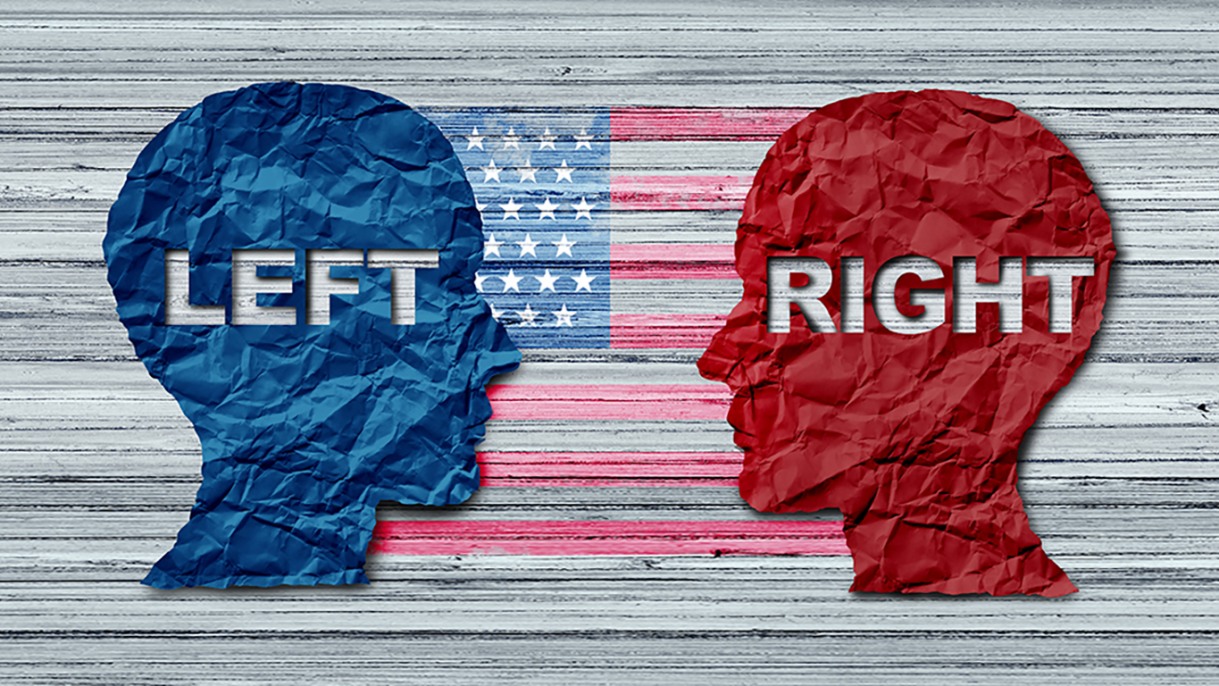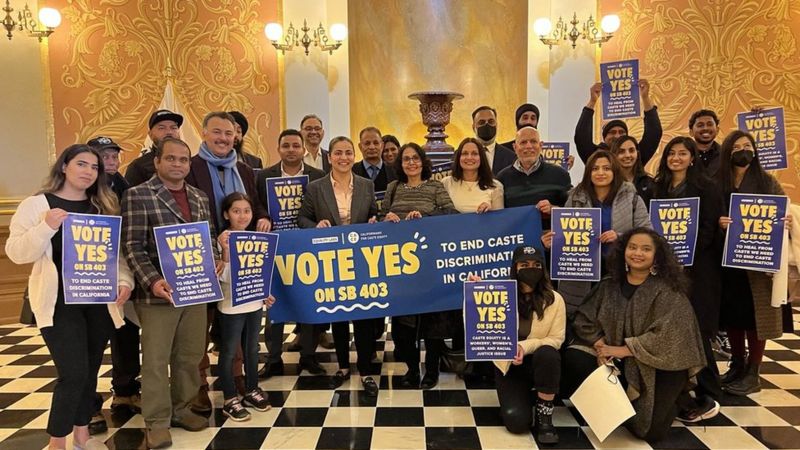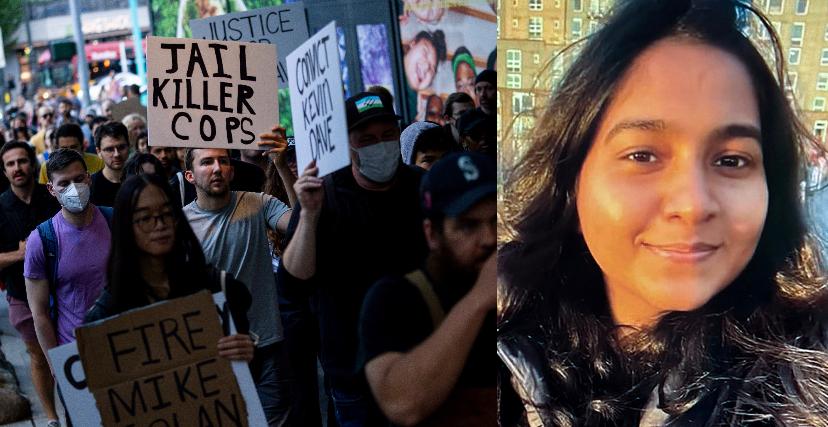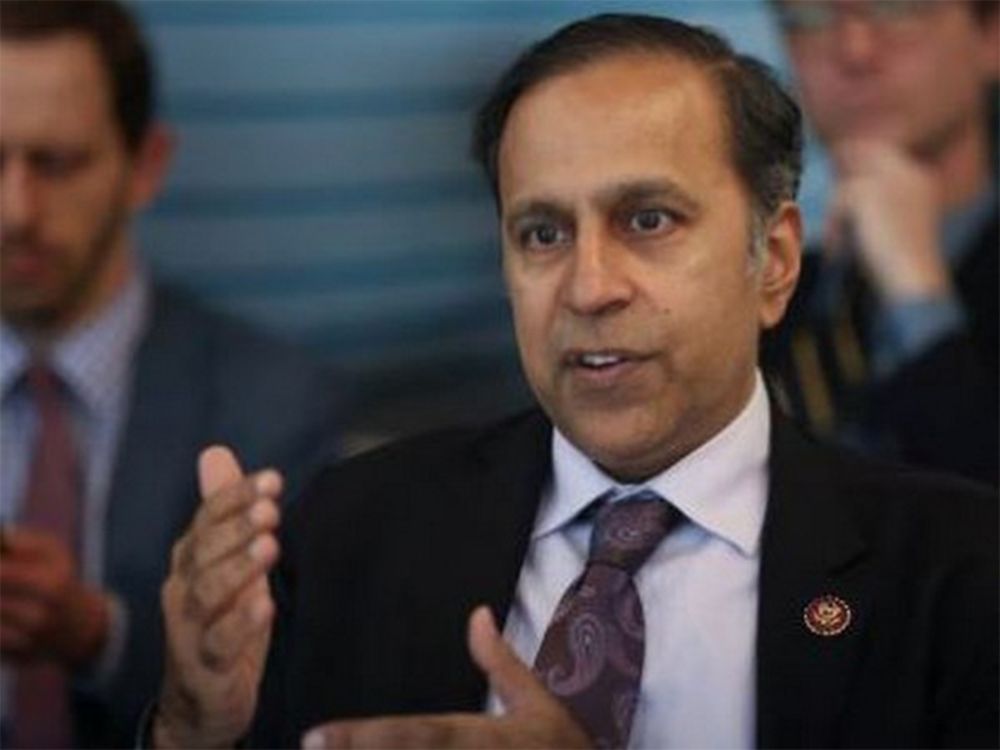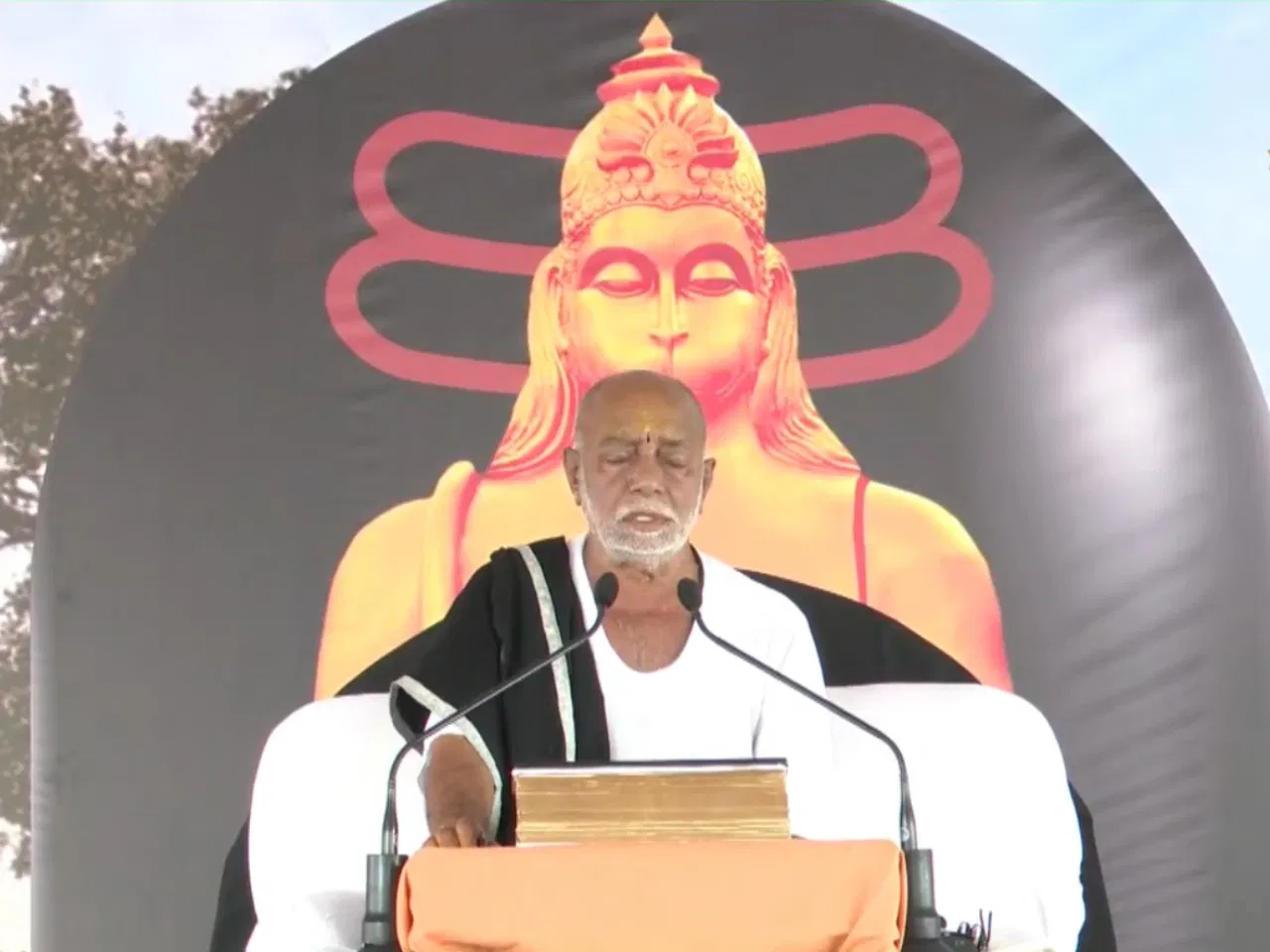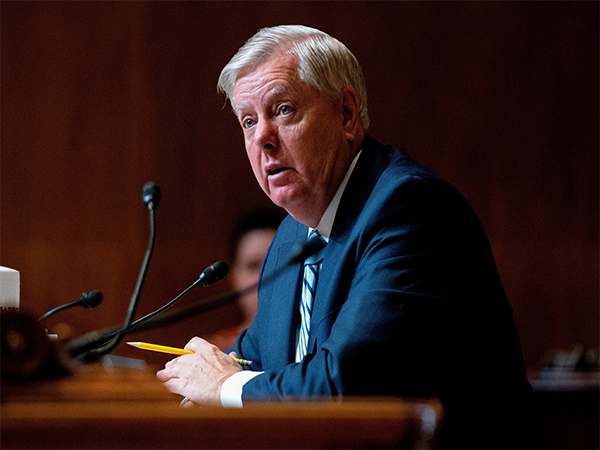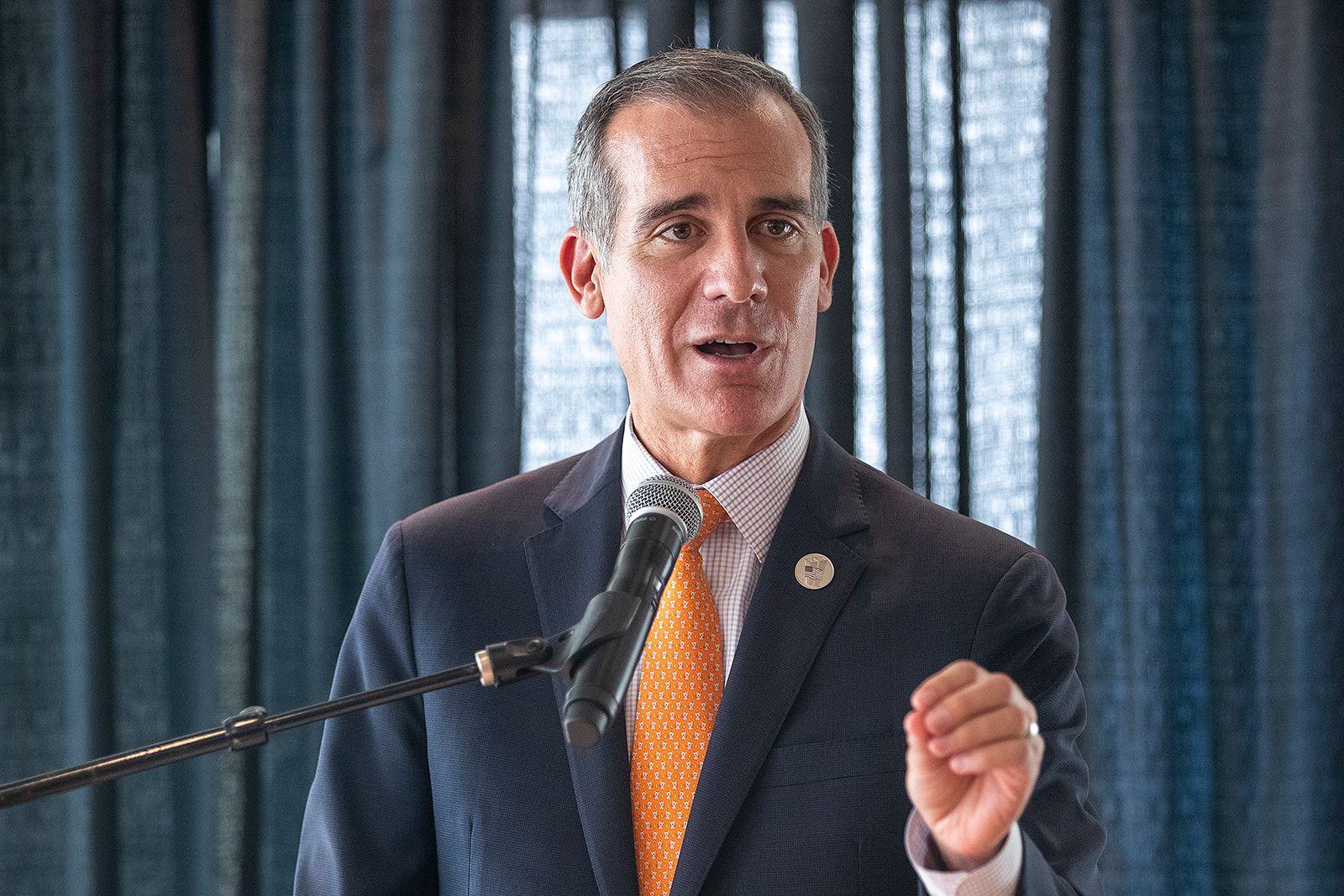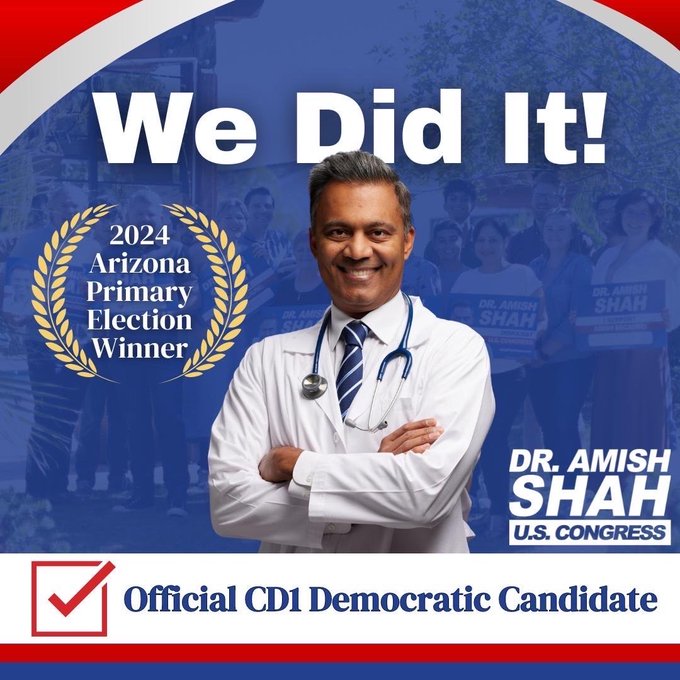Comments from a cross-section of people in America and India.
by Parveen Chopra
Editor, ALotusInTheMud.com
Being editor of ALotusInTheMud.com does not make me immune to getting affected by political polarization. At a recent family get-together in India, the conversation veered to politics, and a close relative remarked, “Our leader is a messiah.” That was a bridge too far for me. I caught the pitch of my voice rising amid arguments before I de-escalated.
As an Indian-American journalist, I have been reporting the widening chasm between political parties and ideologies in US and India. What is more worrisome is that politics is becoming personal now—heated arguments, strained interactions, and even rifts are erupting as so many of us find it hard to respect differing viewpoints.
Here are comments from prominent people in the US and India reflecting on the new malaise and possible antidotes:
Don’t hold in contempt those we disagree with
~Congressman Tom Suozzi
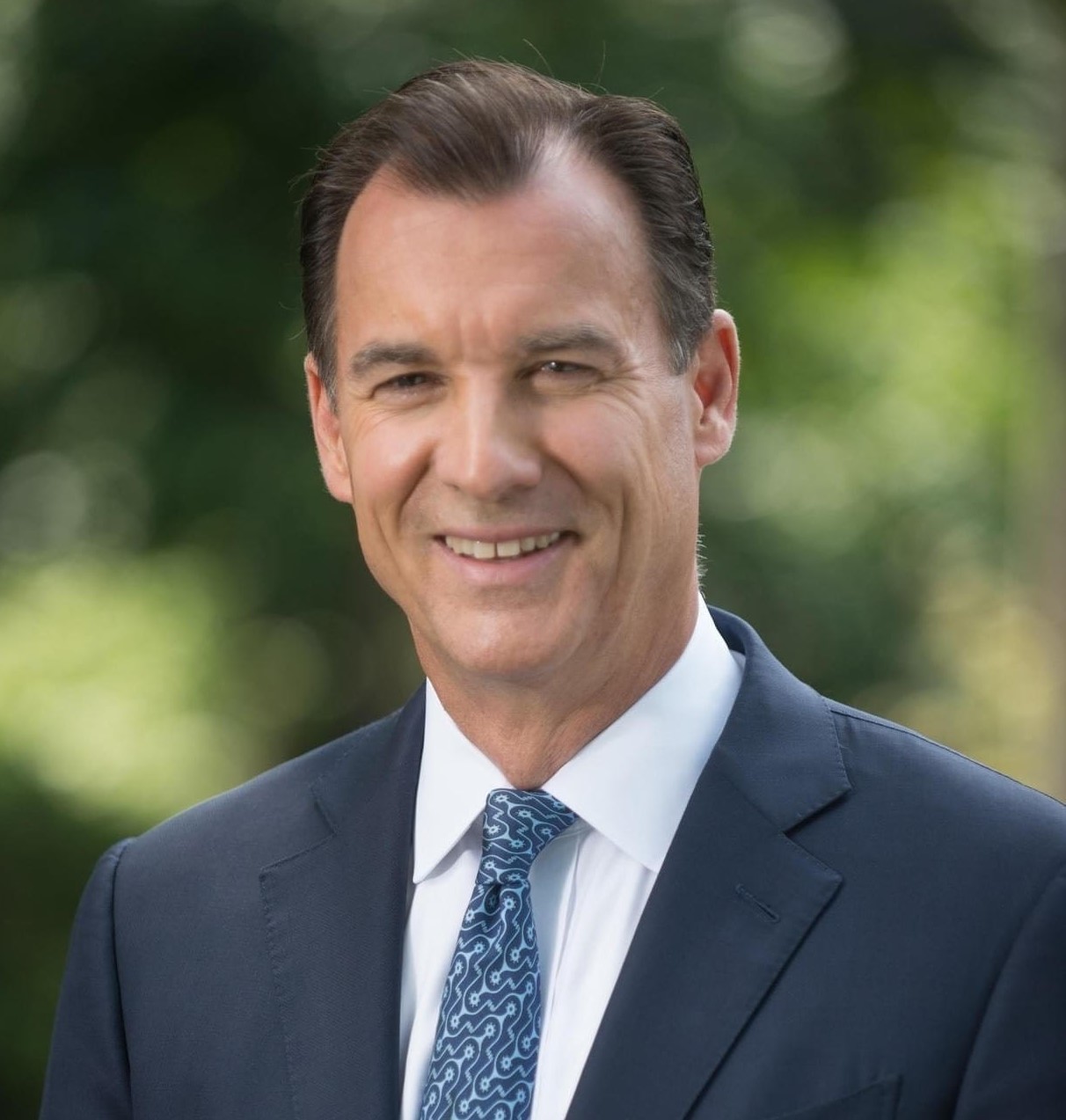
Third-time Democratic Member of the House, former Nassau County Executive
Jesus said not only to love your neighbor but to love your enemies too. So, just because we disagree with others doesn’t mean that we hold them in contempt.
Yes, political polarization is happening in America. Four factors are causing it.
One, most of the 435 seats in Congress are safe seats – Republican or Democrat. Representatives from those seats listen to only one group that can defeat them: those who vote in the primaries, who are often the extreme, right, or left.
Two, social media is to blame. The more outlandish or extreme things you say on social media, the more people will follow you and share your stuff.
Third, cable news. Before he got moved out of Fox News, Tucker Carlson had 4 million viewers. Rachel Maddow on MSNBC, like the far left, gets 3 million viewers—but only out of 350 million people in America. Yet, such extreme voices are controlling the political debate. Their job is not to educate people but to keep them watching by enraging them.
The fourth problem, and the most dangerous, is that our strategic adversaries — Russia, Iran, North Korea, and others — are using our freedom and social media to whip up passions in our country. They supply people with disinformation on divisive issues. They prop up both sides and get everybody yelling and screaming at each other. The big new division is over Israel and Gaza.
Unfortunately, the longer we are distracted and fighting with each other, the less likely we can solve the problems we face in our country and the world.
I’m constantly working to try and heal that divide. My advice is, don’t believe it if somebody says Republicans hate people with brown skin or that they don’t care about the poor or the environment. Yes, there are some people who are akin to what the other side is saying. But most people are in the middle.
Character building is valuable for civility
~Kiran Bedi
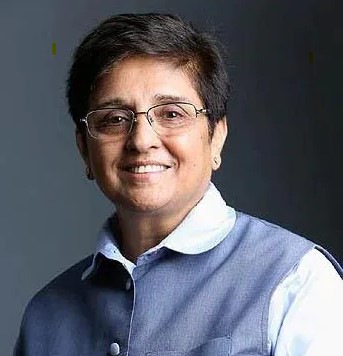
Former Lt Governor of Puducherry, ‘Supercop’
Yes, I have witnessed conversations turn vitriolic on TV shows, particularly in debates. They are often rude, crude, loud, and not based on facts. They are misleading. They appear intentionally for a vested interest. That is also anti-national, even hostile.
How can we maintain serenity and calm amid flared tempers? Civility is a learned culture, whether in public places or at home with family, friends, or foes. Listening is in good character. But giving one’s opinion is a responsibility when defending one’s country.
We need character building at the societal and national levels, which is valuable for civility in all conduct. We should have the confidence to express ourselves in a peaceful manner yet with integrity of purpose.
God also loves those who are wrong
~Rev Thomas W. Goodhue
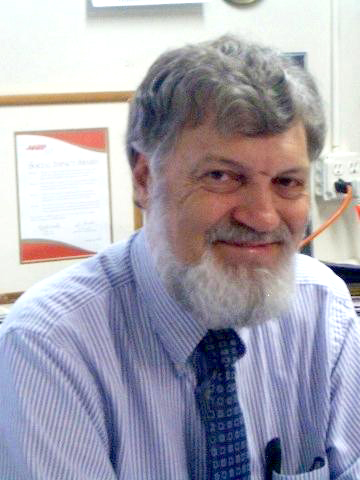
United Methodist clergyman, former Director of the Long Island Council of Churches
Political polarization takes a toll on relationships, but even though my wife and I disagree with another couple on many issues, they remain our best friends. I grew up in a family that discussed both religion and politics at the dinner table, we have deep differences over religion, but we still love each other. How is this possible?
Listen before you speak. I am more likely to remain civil if somebody says, “I hear what you are saying, but I see things differently,” or “I agree with you about this and so, but I wonder if… ”
Admit your own ambivalence. It is far better to admit that you have struggled with bias yourself than to call your in-law a bigot.
Use humor, particularly if you are the brunt of the joke. In discussing immigration, I often suggest that when my Puritan ancestors landed in Massachusetts in 1636, the residents probably said, “There goes the neighborhood!”
Remember that God also loves those who are wrong, including that relative who drives you crazy. As Martin Luther said, “God carves rotten wood and rides the lame horse.”
Two seemingly opposite worldviews can both be right
~Rajiv Gupta
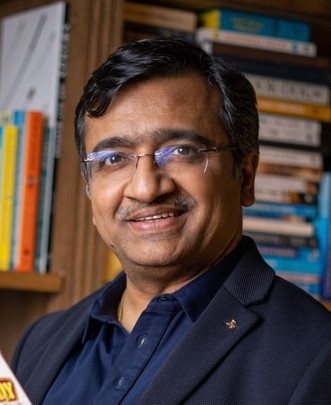
Author of ‘The Good Indian Employee’s Guide to Surviving a Lala Company’, business executive, Gurgaon
Yes, I have seen tempers rise when politics is discussed at social gatherings, family get-togethers, and even when old pals meet. WhatsApp groups are worse.
“No politics, please, at the dinner table or at my party” is not a good solution. Why can’t we discuss politics? What has made us so intolerant that we cannot remain civil?
We should accept that there aren’t black-or-white answers to any problem. We must learn to think in shades of grey. Two, recognize that people’s beliefs or opinions are formed by their upbringing, exposure, and experiences. Three, acknowledge that two seemingly opposite worldviews can both be right at the same time. Didn’t Einstein shock the world by declaring that light is a particle and a wave?
Also, watch our social media consumption. If we allow social media companies’ algorithms to show us reels, posts, and content while we passively scroll, we would have given them charge of our lives.
These days, political parties’ discourse is an unending tit-for-tat game. They are doing ‘whatever it takes to win’. Understandably. More dangerous are their self-proclaimed torchbearers with no affiliation or contribution to societal change. Those who believe their view alone is right and will save the world and that anything contrarian should be nipped in the bud – we need to start scoffing at them and expose their shallowness. In that might lie seeds of change.
Schoolchildren must be exposed to all sides of issues
~Razia Grover
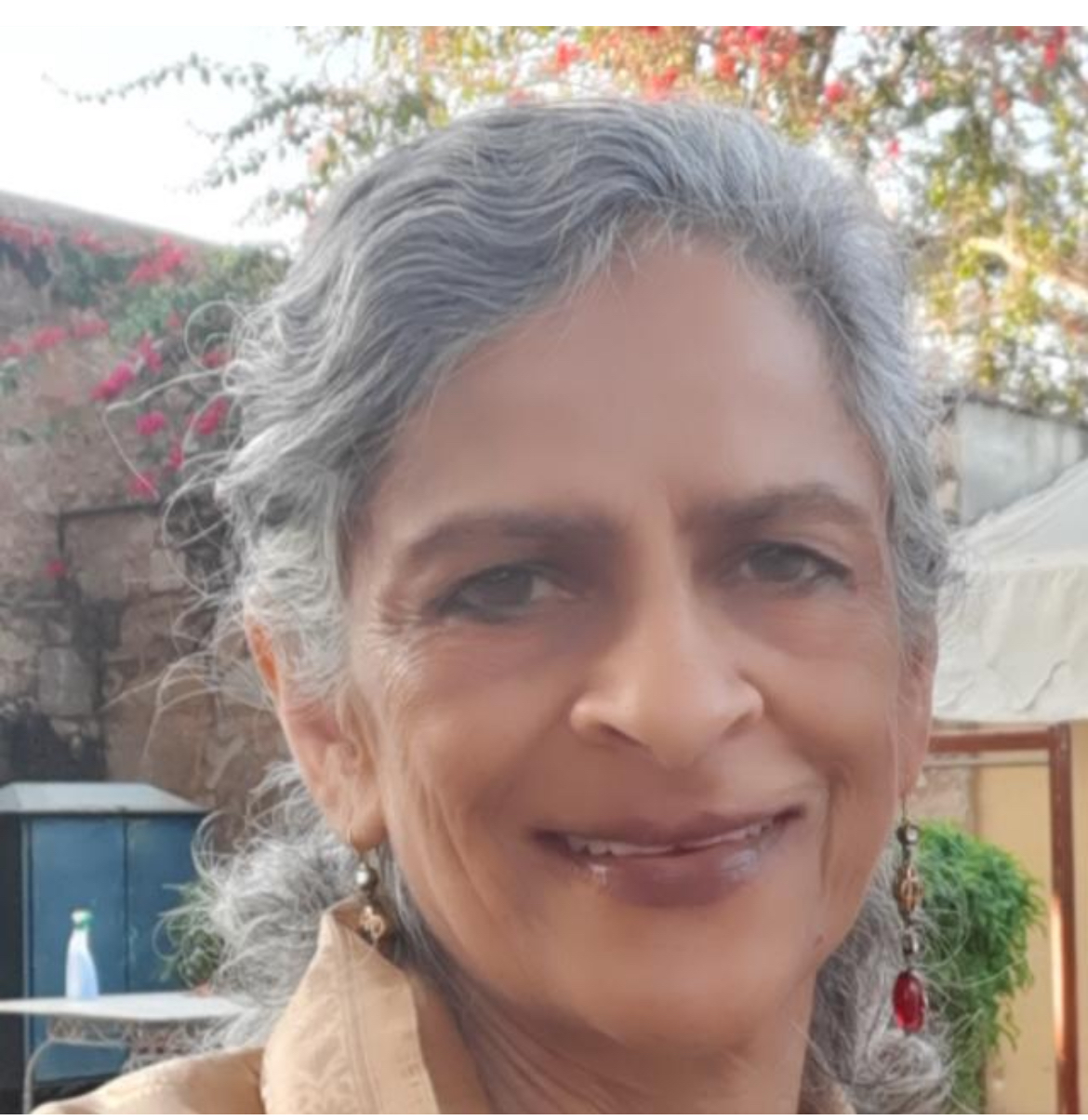
Delhi-based author and editor, and a concerned citizen
No, I have not noticed nasty political discussions around me. Maybe because I and those close to me have not been in touch with people who are not like-minded.
But to avoid political divides affecting us, keep your conversations calm and balanced. This is hard to do now as both sides are passionate about their views. If the media were not stifled, everyone would have enough avenues to express their views in relative safety.
At the societal level, history, political science, and law must be taught from younger ages. We have erudite and rational scholars in India, apart from foreign authors, who must be credited for their meticulous research and articulation. Teachers must be chosen through a rigorous system as done for civil services. School kids must be more exposed to all sides of issues. Don’t underestimate children’s intelligence. Banning and deleting chapters from books is not the answer. School books need massive upgrades. Funds for education must be abundant.
Excerpted from a 2-part article; read the full version on ALotusInTheMud.com
















